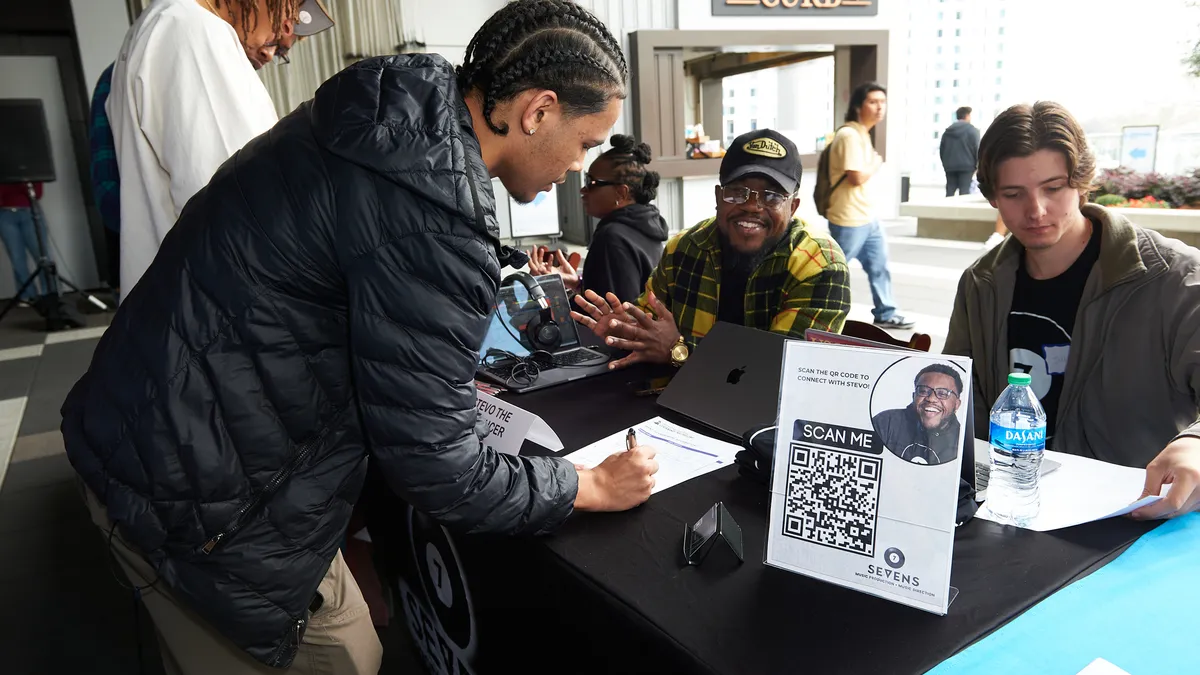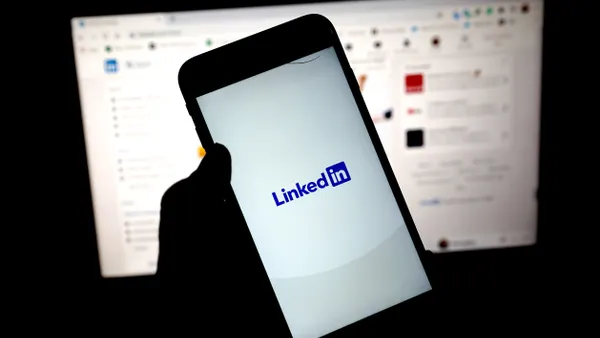Workers believe connections often surpass credentials during the hiring process, but many professionals feel uncomfortable about networking and reaching out when it matters, according to a May 28 report from Resume Now.
In a survey of 1,000 U.S. workers, 70% said who someone knows matters more than what’s on their resume. However, many hesitate to network because they’re worried about bothering someone, being judged or feeling unsure what to say.
“Networking isn’t a level playing field, and most professionals know it. Whether it’s ageism, racial bias or education-based gatekeeping, many workers hesitate to reach out because they’re afraid of being overlooked or dismissed,” wrote Keith Spencer, a career coach and certified professional resume writer. “These fears aren’t unfounded. That’s why creating inclusive networking spaces and mentorship opportunities matter.”
In the survey, 42% of workers said they’ve never sent a cold message for professional opportunities, and 22% said they’ve considered it but haven’t taken the leap. About one-third of those who’ve tried cold outreach said fewer than a quarter of their attempts received a reply.
The top barrier is being a nuisance, with 42% of respondents saying they don’t want to bother someone. Respondents also said they fear rejection, don’t know who to contact, don’t know what to say, don’t think outreach will help, feel unworthy of others’ time and lack the time or energy.
Workers expressed mixed feelings about using artificial intelligence tools for networking. Although 56% said they support using AI to help, 49% said they’d be less impressed if they found out a message was written with AI tools. Even so, 33% said they’ve used generative AI tools such as ChatGPT and Grammarly to create messages.
Rethinking impostor syndrome can help worker insecurities related to engagement and networking, according to an MIT Sloan School of Management study. Employers can offer learning programs and more opportunities for manager check-ins to help those experiencing anxiety and impostor syndrome at work, a researcher suggested.
Mentorship programs, for instance, can build connections and talent pipelines, wrote Ratan Lal of construction services firm H.J. Russell and Co. in an op-ed for Construction Dive. With a two-way street of learning, mentors and mentees can overcome outdated perceptions, explore innovative ideas and find opportunities for leadership, the author wrote.
Employers can also bolster networking and mentorship through employee resource groups, affinity groups and business resource groups, experts told HR Dive. Although DEI initiatives continue to face increased scrutiny, the power of these groups remains irreplaceable, they said, for addressing distinct challenges such as speaking up at work and overcoming double standards.











